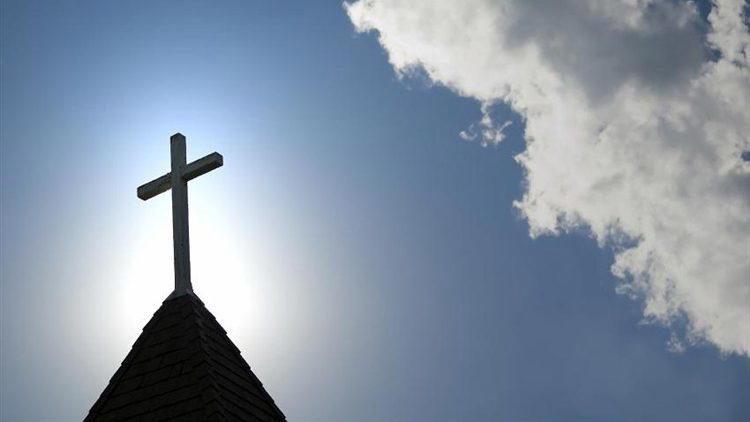CHURCH: Nigeria’s biggest business empire, by Stephanie Shaakaa

On Sundays, the offering plate collects more than some states generate in days.

Our most productive oil field is not buried in the swamps of the Niger Delta, it is planted firmly in the pulpit.
Nigeria’s most profitable venture is not oil.
It is not telecoms. It is not banking.
It is the church.
Here, faith is free, but salvation comes with a price tag. The tithe is not just spiritual it is an investment portfolio funding fleets of private jets, sprawling estates, and tax-free empires.
In a country where hospitals run out of drugs and schools collapse without roofs, pulpits shine with marble, auditoriums roar with air-conditioners, and pastors soar higher than the economy they preach to.
Hospitals cannot afford oxygen, yet pastors own jets that drink fuel by the gallon and circle the skies without shame. Professors strike endlessly for salaries, while churches count offerings in currencies the Naira no longer respects. The Nigerian church has achieved what Shell and Dangote never could, a guaranteed market.
Every Sunday, millions line up without advertising, without subsidy, without doubt. The product? Hope. And in a nation this broken, demand is endless.
Faith is not the problem. Nigerians are among the most spiritual people on earth. The crisis lies in how faith has been monetized. The gospel is no longer just preached, it is packaged as a business plan. Pastors are CEOs. Congregations are consumers. And the church has become the most lucrative brand in Africa.
The pulpit is no longer an altar it is a boardroom. Hope has been franchised, with branches multiplying faster than banks. Faith is not the enemy. Nigerians need hope the way lungs need air. The rot begins when hope is turned into currency.
Religion was meant to heal the wounds of a broken nation, not deepen them for profit.
Yet, we pretend not to notice. We clap when pastors buy new jets. We cheer when they unveil billion-naira cathedrals. We kneel for blessings, mistaking proximity to power for policy. And when the offering plate is passed, we give again forgetting that our tithes built the runway those jets take off from.
The Nigerian church thrives not only because of its leaders, but because of our silence, our applause, and our complicity.
According to the World Religion Database and reports on Nigeria’s church economy, the Nigerian church generates an estimated $9 billion annually (¦ 14 trillion+), a figure larger than the GDP of over 30 African countries combined.
The Nigerian church has achieved what Shell and Dangote never could, a guaranteed market.
The darkest hypocrisy is that churches preach against corruption, but many are built on the very proceeds of it. Politicians loot the public purse, then launder their guilt through donations, purchasing front-row seats and ‘holy handshakes’. In this republic, forgiveness is a transaction, and the altar doubles as a bank vault.
If corruption ever had a sanctuary, it would look exactly like the Nigerian church, overflowing, untouchable, tax-free.
Until we admit that the church has become Nigeria’s largest business empire, we will keep confusing prosperity with progress, noise with revival, and wealth with holiness.
Because the true tragedy is not that pastors live like kings. The tragedy is that their kingdoms are built on the poverty of their own people,while the nation itself kneels, waiting for a miracle that will never come.
We call it worship, but too often it is commerce. And until Nigeria stops mistaking wealth for holiness, and noise for revival, the church will remain both our biggest business empire and our most elaborate scam.
The offering plate is no longer just a vessel of faith. It is the real ballot box where Nigeria’s future is decided.
Until we strip the church of its disguise as a sanctuary, Nigeria will keep kneeling before altars that sell miracles instead of building a nation that works.
The tragedy of Nigeria is not that God has abandoned us, but that His name has been hijacked and monetized leaving a nation praying for salvation while paying for exploitation.
As long as the pulpit remains our most profitable business, Nigeria will remain a country where hope is sold, poverty is recycled, and progress is postponed until eternity.
The post CHURCH: Nigeria’s biggest business empire, by Stephanie Shaakaa appeared first on Vanguard News.







